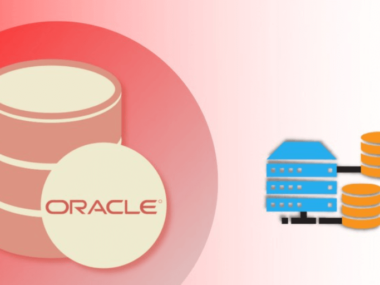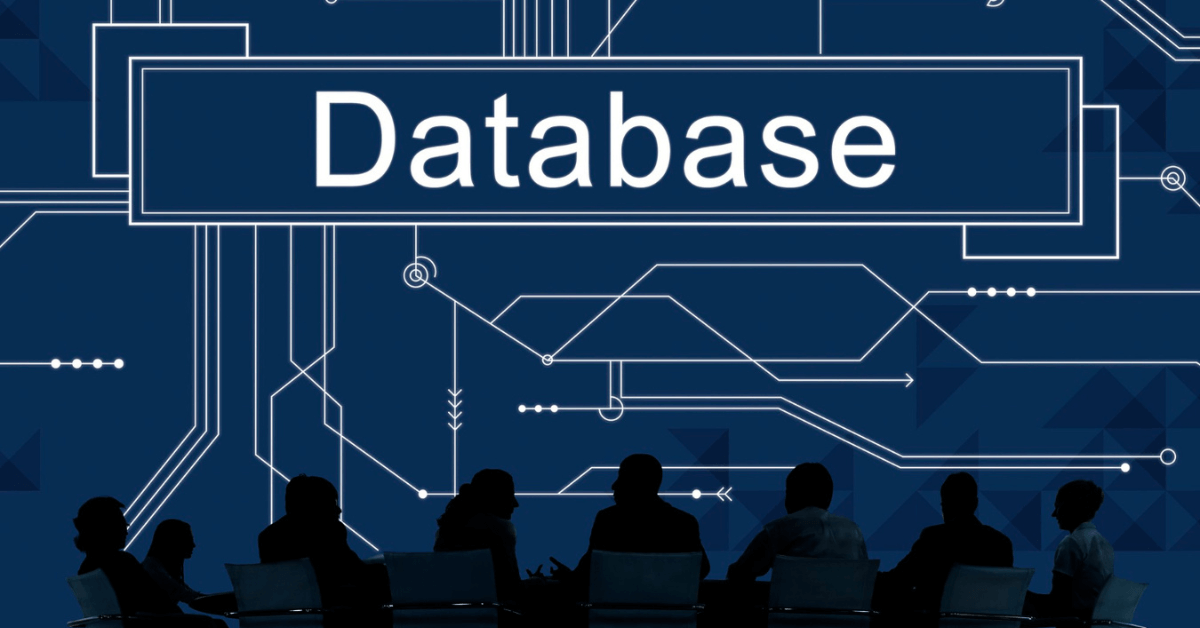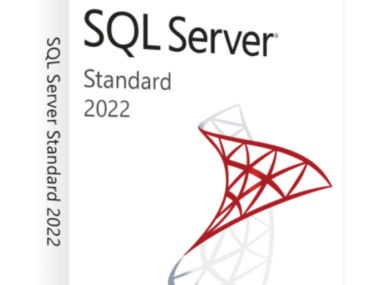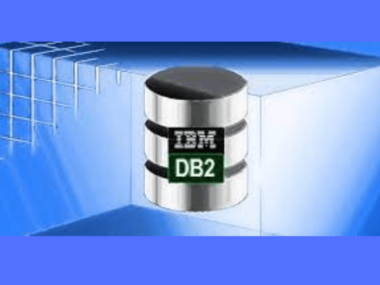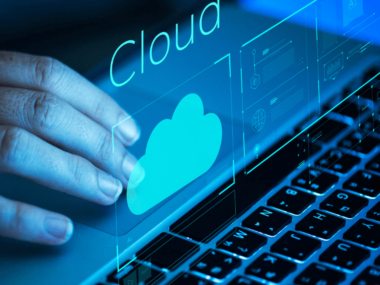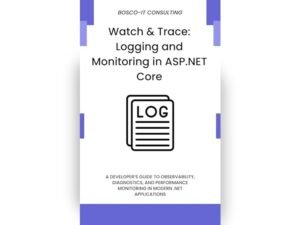Choosing the Right Database Management System?, Select the right Database Management System (DBMS) based on your project requirements and scalability needs. Factor in data volume, security, and user access while making your choice.
Also Read
Deciding on the appropriate DBMS is crucial for any business or project. It holds the keys to efficient data storage, retrieval, and management. How data is organized is impacted by this decision. It also affects how it can be accessed and used to derive actionable insights.
A well-chosen database can streamline operations. It can enhance performance and provide a scalable foundation for future growth. It’s essential to consider compatibility with existing systems. It’s also important to consider support for necessary features. Lastly, consider the level of technical support available.
As technology evolves, choosing a flexible DBMS can give you a competitive edge. It will integrate with new advancements. The right system makes data a powerful asset. It drives informed decision-making and strategic planning.
Table of Contents

Credit: levelup.gitconnected.com
The Database Dilemma
The Database Dilemma often strikes when a business grows beyond simple spreadsheets. As data multiplies, choosing the right Database Management System (DBMS) becomes crucial. Data is the lifeblood of modern business.
A DBMS acts as the heart, pumping vital information to every part of a company. This decision impacts the ease of data access, security, and scalability of operations. The challenge is to select a system that aligns with business objectives and technological capabilities.
Sorting Out Your Needs
Determining the best DBMS starts with understanding your company’s specific data requirements. It involves answering key questions about data volume. It also involves answering key questions about how often access is needed and what security is needed. Ask these questions:
- What size of data will the system handle?
- How fast does the system need to retrieve and update information?
- What level of security is required to protect your data?
- Does the business need real-time analytics?
- Is there a need for scalability for future growth?
Silos Vs. Integration: Pros And Cons
Data silos occur when departments store data separately. This can lead to information bottlenecks and reduced collaboration. On the other hand, integrating data streams allows for better insights and decision-making. Consider the advantages and disadvantages:
| Aspect | Silos | Integration |
|---|---|---|
| Control | High individual control | Shared control |
| Data Consistency | Possible discrepancies | More consistency |
| Collaboration | Limited | Enhanced |
| Complexity | Simpler systems | Requires robust solution |
Types And Models
When picking a database management system, it’s like choosing a base for your data house. Your choice shapes how you store, manage, and retrieve data. Database types and models form the backbone of this decision. Let’s explore the differences between each to find what fits best.
Relational Vs. Non-relational
Relational databases act like smart data lockers. They sort information into tables. Imagine a library with books neatly arranged. That’s what relational databases do with data.
- Structured: Everything has a clear place.
- SQL: Think of it as the librarian who knows where each book is.
- Examples: MySQL, PostgreSQL, Oracle.
Non-relational databases break free from the table tradition. They are like big toy boxes where you chuck in various toys without boxes or labels.
- Flexible: Store data without a strict blueprint.
- NoSQL: It’s more like a treasure hunt to find your data.
- Examples: MongoDB, Cassandra, Redis.
Cloud-based Solutions
Cloud-based databases live on the internet. Imagine having a storage unit far away but just a click away. That’s the cloud for you.
| Type | Benefits |
|---|---|
| Managed Databases | Easier upkeep, automatic updates, less hands-on. |
| Database as a Service (DBaaS) | Pay as you go, scalability, no hardware fuss. |
Select the right cloud service to keep data easy to access and safe. Big names include Amazon RDS, Google Cloud SQL, and Microsoft Azure.
Performance Metrics
When selecting a Database Management System (DBMS), performance metrics are crucial. These metrics help you understand how a DBMS copes with tasks and data. Let’s dive into two key performance metrics: speed and efficiency, and scalability considerations.
Speed And Efficiency
DBMS speed and efficiency determine how quickly it can process queries and handle complex operations.
- Query Response Time: The duration it takes for a DBMS to return the first result of a query.
- Throughput: The number of transactions a DBMS processes within a given time frame.
- Resource Utilization: How well the DBMS uses system resources, such as CPU and memory.
A performance testing tool can measure these metrics:
| Tool | Function |
|---|---|
| Database Benchmark | Assesses the performance of your DBMS under various conditions. |
| Performance Monitor | Tracks real-time DBMS resource usage. |
Scalability Considerations
Scalability addresses how well a DBMS can grow with your business’s needs.
- Assess current database load and growth patterns.
- Estimate future data volume and user load.
- Select a DBMS with a track record for scaling effectively.
In a scalable DBMS, you should notice:
- Vertical Scaling: The ability to increase the capacity of existing hardware or software.
- Horizontal Scaling: The capability to add more nodes to the system.
- Elasticity: Quickly scaling resources up or down as needed.
Remember, choose a DBMS that aligns with both your immediate and future performance needs.
Security And Compliance
Security and Compliance are pivotal in choosing a Database Management System (DBMS). The right DBMS ensures data remains secure and meets all regulatory standards.
Data Encryption And Protection
Any robust DBMS must offer top-notch data encryption and protection functionalities. Without these, sensitive information could fall into the wrong hands. Features to look for include:
- End-to-end encryption: Secures data during transfer and at rest.
- Access controls: Grants permissions based on user roles.
- Audit logs: Tracks user activity for potential security breaches.
These features ensure only authorized personnel access the data, maintaining its integrity and confidentiality.
Regulatory Requirements
Compliance with regulations is mandatory for most organizations. Your chosen DBMS should help comply with standards such as:
| Regulation | Requirement |
|---|---|
| GDPR | Data protection for EU citizens |
| PCI DSS | Secure cardholder data |
| HIPAA | Protect health information |
A DBMS that aligns with these directives safeguards against legal complications and fines.
Cost And Resource Optimization
Let’s dive into the world of databases with a look at cost and resource optimization. Choosing the right database management system (DBMS) isn’t just about features. It’s about making smart choices with money and tools. In the next sections, we break down what you need to consider financially and how to use resources wisely.
Budgeting For The Long Term
When picking the right DBMS, think about future costs, not just today’s price tag. Here’s how to plan for the future:
- Anticipate growth: Predict how your data needs will change. Make sure your database can grow with you.
- Predict costs: Know the total cost of ownership. Include licenses, hardware, and support.
- Look for hidden fees: Understand all the charges. Check for costs tied to data volume or users.
Look past the start-up cost. Choose a DBMS that works for your wallet years down the line.
Resource Management And Allocation
Managing resources means using what you have wisely. Do this to make sure everything runs smoothly:
- Assess current resources: Know your team’s skills and your current system’s limits.
- Match DBMS to resources: Pick a database that your team can manage with ease.
- Plan for scaling: Ensure your choice can handle more work if needed.
Get the most from your database by aligning it with your team’s skills and your system’s capabilities. Remember, your DBMS should work for you, not against you. Choose wisely to save time and money.
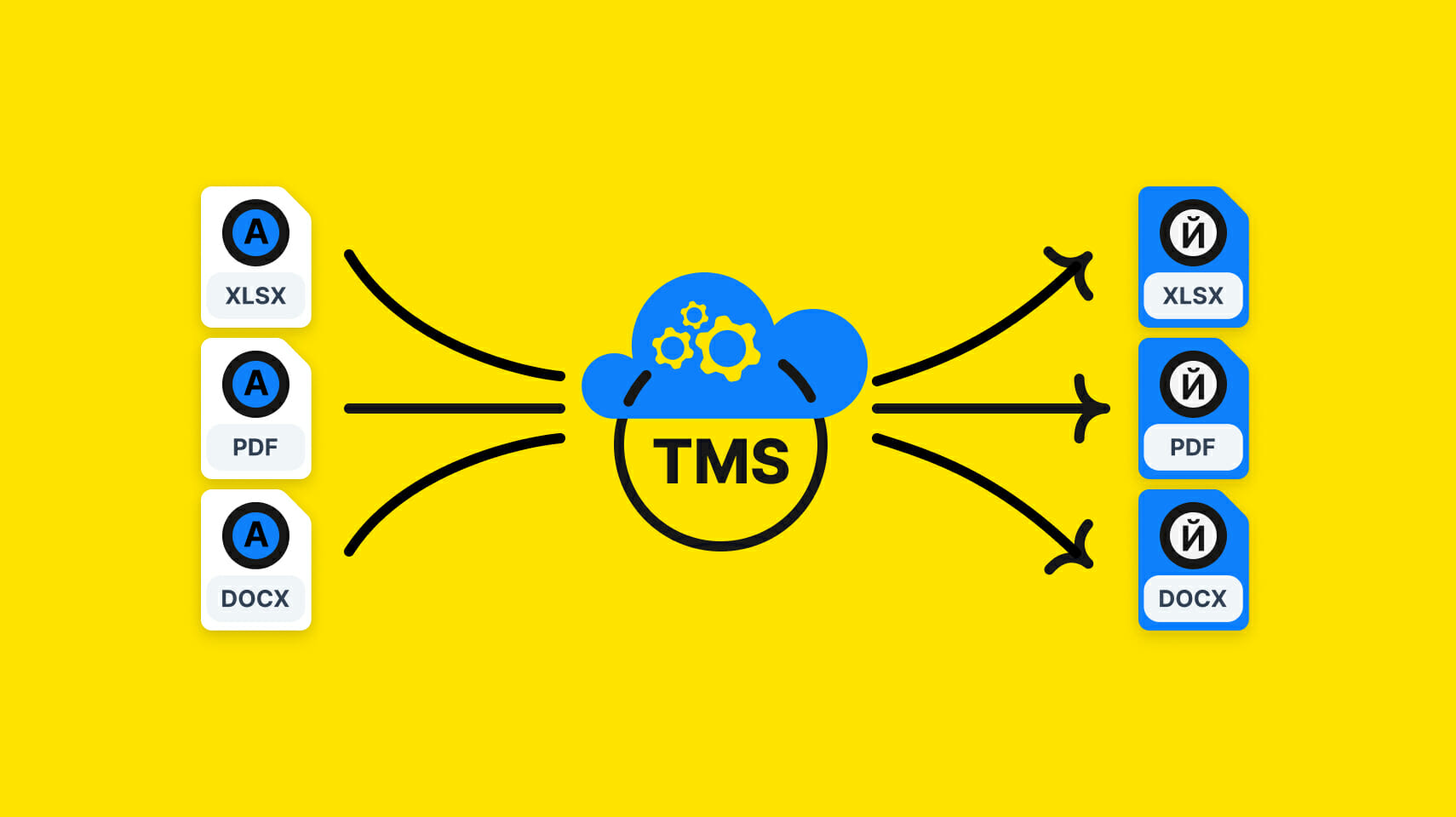
Credit: phrase.com
The Future Aspect
Choosing the right Database Management System (DBMS) is pivotal. It’s important to consider the future aspect. Technologies advance rapidly. It’s essential to select a system that not only meets current needs.
It should also adapt to future trends and shifts in technology. Let’s dive into the emerging trends in database technology and how you can prepare.
Emerging Trends In Database Technology
New trends in database technology are shaping the future. These are not mere changes; they are improvements. They help businesses scale, speed up, and stay secure. Below are key trends
:
- Cloud-based solutions: More databases move to the cloud for flexibility and cost savings.
- Big Data: Systems now need to handle massive amounts of data efficiently.
- Artificial Intelligence and Machine Learning: AI and ML are making databases smarter in decision-making.
- NoSQL Databases: They accommodate a vast spectrum of data models and have gained popularity.
- Automation: Routine maintenance tasks are increasingly automated, reducing errors.
Preparing For Technological Shifts
To prepare for these technological shifts, certain steps must be taken into consideration:
- Stay Informed: Keep up with industry news and updates.
- Evaluate: Assess current and future needs regularly.
- Invest in Training: Teams should learn new database technologies and tools.
- Adopt Scalability: Select a DBMS that can grow with your business.
- Security: Ensure the system offers advanced security features.
Selecting the right DBMS is about looking forward without losing sight of present requirements. With the right preparation, you can choose a system that evolves with technological advancements.

Credit: m.facebook.com
Frequently Asked Questions For Choosing The Right Database Management System?
How Do I Choose A Data Management System?
Identify your data handling needs and storage requirements. Research the scalability, security features, and user-friendliness of prospective systems. Evaluate integration capabilities with existing tools and consider vendor support and pricing structure. Choose a system that aligns with your specific business objectives.
How Do I Choose The Right Database?
Assess your project’s data volume, speed, and variety needs. Examine scalability requirements for future growth. Prioritize security features and compliance with regulations. Consider your team’s expertise and available resources. Evaluate the community support and vendor stability of the database.
How Can You Choose A Database System For Your System?
Assess your data size and type to choose a scalable, suitable database system. Consider transaction volume for performance needs. Ensure compatibility with existing technologies. Evaluate security features for data protection. Check community and vendor support for long-term maintenance.
Which database Management System Should I Use?
Choose a database management system that aligns with your project requirements. Consider scalability needs and the technical expertise available. It should also meet data complexity and performance demands. Many people choose MySQL for web apps. They choose PostgreSQL for complex data operations. They also choose MongoDB for flexible schema designs.
Conclusion
Selecting the right database management system (DBMS) is critical. It ensures your business’s efficiency and growth. Ensure it aligns with your data needs, scalability requirements, and technical capabilities. The ideal DBMS will enhance your data handling and support your objectives. This will result from thorough research and strategic planning.
Remember, your choice today shapes your data-driven success tomorrow.



